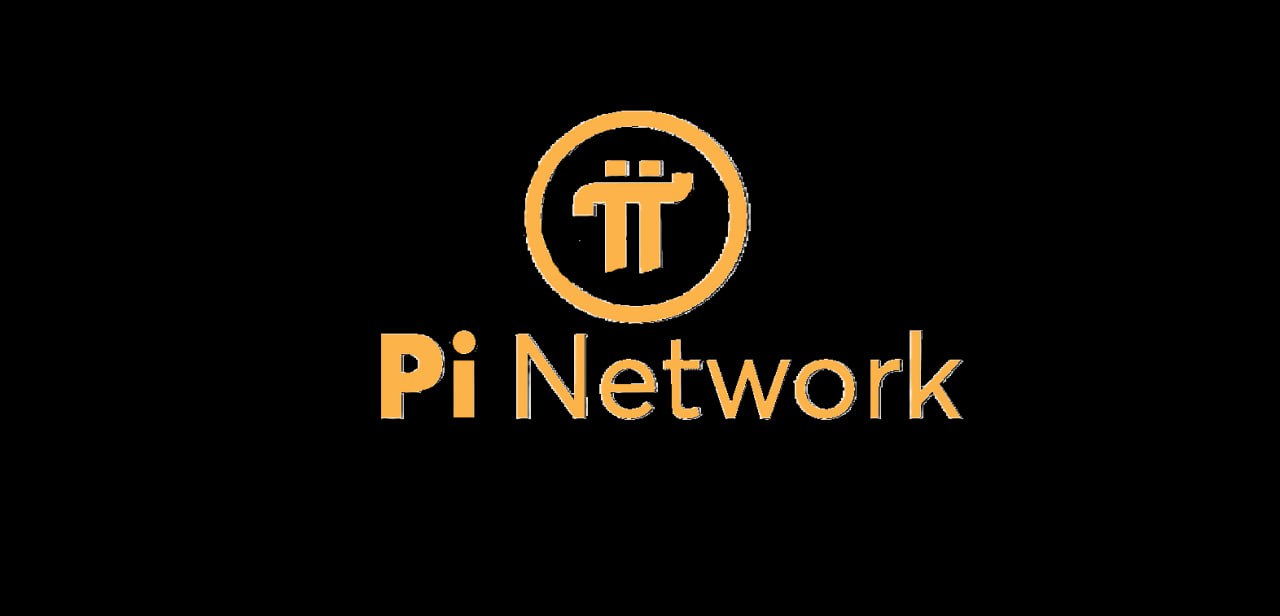
- Pi Network faces decentralization and legal risks with nearly half its nodes in Vietnam and centralized token control.
- The core team controls most tokens and validator nodes, raising concerns about governance transparency and fairness.
Pi Network is under growing scrutiny as new data reveals that nearly half of its global nodes are concentrated in Vietnam. This geographic clustering has sparked serious concerns over the platform’s decentralization, stability, and vulnerability to regional legal changes.
ALSO READ:Cardano Open Interest Hits $920M as ADA Market Cap Exceeds $28.18B
Vietnam Hosts Nearly 50% of Pi Network Nodes
Recent figures show that Vietnam is home to 154 of the 319 global Pi Network nodes—accounting for 48.2% of the entire network. Of the 76 currently connected nodes, 33 also operate from Vietnam. This overwhelming regional presence threatens to give disproportionate control to users in a single country, undermining the decentralized nature that blockchain platforms are built on.
Such centralization limits global participation and increases reliance on a jurisdiction already tightening its stance on cryptocurrencies. With other countries contributing far fewer nodes, the Pi Network’s operations and governance appear increasingly skewed.
Tightening Regulations Could Disrupt Network Stability
The centralization issue is further complicated by Vietnam’s evolving regulatory environment. The country’s current laws prohibit the use of Pi Coin and other digital assets for payments. This already limits local utility and increases legal risks for users and operators alike.
Vietnamese authorities are reportedly preparing new rules to regulate digital asset custody and restrict mining operations to licensed entities. If implemented, these changes could significantly disrupt node activity in Vietnam—potentially weakening nearly half of the Pi Network’s infrastructure overnight.
In 2023, Vietnamese agencies launched investigations into Pi Network’s compliance and transparency. The findings questioned the project’s legality and long-term viability, adding yet another layer of concern for stakeholders.
Centralized Token Supply and Governance Undermine Trust
Pi Network’s challenges are not limited to node distribution. The core team controls more than 60.7 billion of the 100 billion total Pi token supply, as per data from Piscan. Additionally, only two validator nodes—both managed by the core team—handle transaction validation, reinforcing a closed governance structure.
This concentration of control contradicts the principles of decentralization and raises red flags for current and prospective users. Allegations of insider selling, though unverified, have also fueled doubts about transparency and leadership integrity.
With a node structure heavily reliant on Vietnam and governance dominated by a select few, Pi Network faces significant structural and legal hurdles.Without diversifying nodes and token governance, Pi Network’s decentralization claims will weaken under increasing scrutiny.
ALSO READ:The Next 72 Hours Could Be Critical for XRP – Here’s the Scoop
DISCLAIMER:
The views and opinions expressed herein are solely those of the author and do not necessarily reflect the views of the publisher. The publisher does not endorse or guarantee the accuracy of any information presented in this article. Readers are encouraged to conduct further research and consult additional sources before making any decisions based on the content provided.




